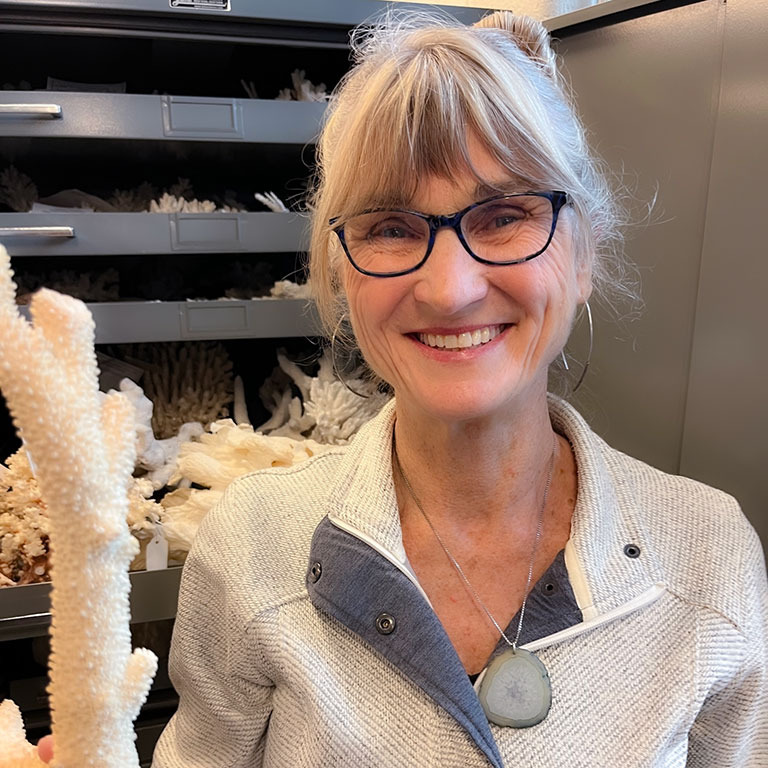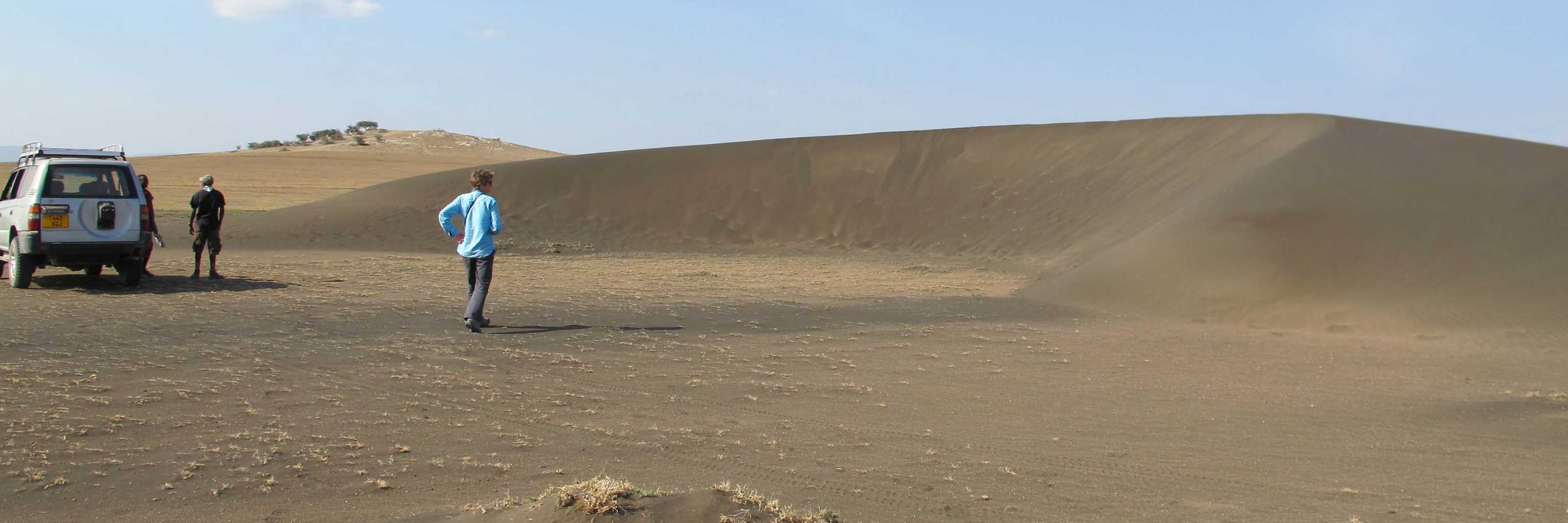- Ph.D., University of Colorado, Boulder, 1993
- M.S., University of Colorado, Boulder, 1984
- B.A., University of Colorado, Boulder, 1981

Claudia C. Johnson
Professor, Earth and Atmospheric Sciences
Fellow of the Geological Society of America
Class of 1948 Herman B Wells Endowed Professor
Director, Center for Biological Research Collections



 The College of Arts
The College of Arts